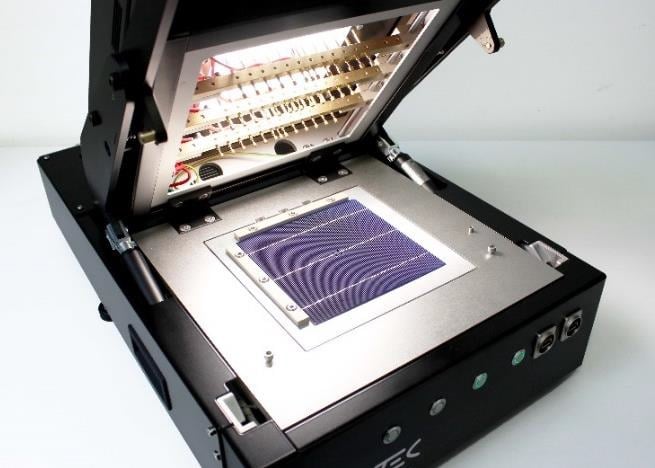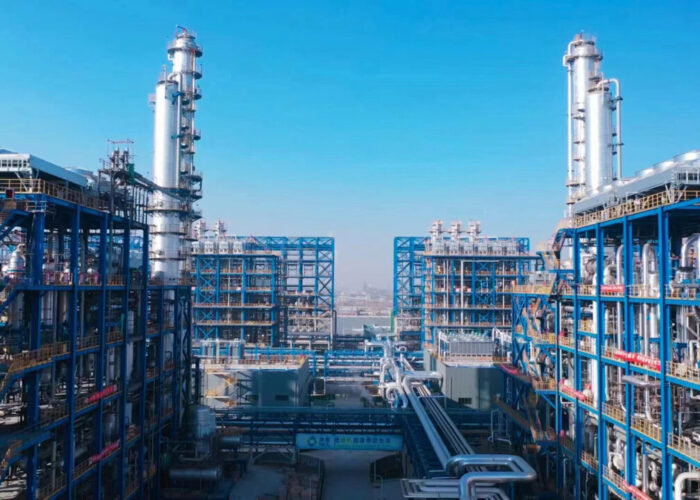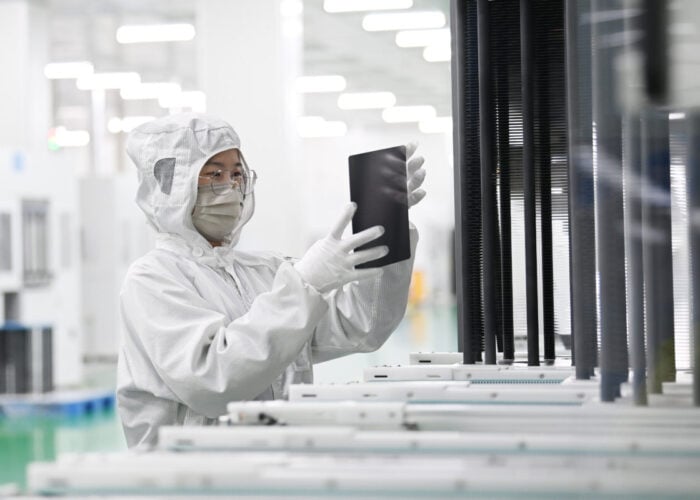
LayTec has introduced the first commercially available system for simulation and monitoring of LID (Light Induced Degredation). ‘LID Scope’ is a table-top system that helps to quantify the expected performance loss of any solar cell directly at the production line or in the lab. The tool performs accelerated or real-life degradation tests fully automatically. It is claimed to deliver highly reproducible results and a permanent monitoring of Voc changes by integrated metrology.
Problem
Unlock unlimited access for 12 whole months of distinctive global analysis
Photovoltaics International is now included.
- Regular insight and analysis of the industry’s biggest developments
- In-depth interviews with the industry’s leading figures
- Unlimited digital access to the PV Tech Power journal catalogue
- Unlimited digital access to the Photovoltaics International journal catalogue
- Access to more than 1,000 technical papers
- Discounts on Solar Media’s portfolio of events, in-person and virtual
Or continue reading this article for free
The performance of c-Si solar cells drops significantly when exposed to light. After a short time of employment in the field, the efficiency of the solar cells degrades by up to 10% until a stable level of performance is reached. This effect is called Light Induced Degradation (LID) and has been known for about 30 years.
Solution
LID Scope degrades cells in a well-controlled procedure with electrical current and high temperatures by applying novel physical models developed by Fraunhofer Center for Silicon Photovoltaics (CSP) in Germany (patent pending). For the first time, cells can be degraded in a repeatable way, which means that LID Scope offers identical LID performance control from line to line and from lab to lab. This means that cell producers can now refer to ‘standardised’ degradation procedure and exactly quantify the loss, thus eliminating costly safety margins on the price-per-watt.
Applications
LID testing of c-Si solar cells including PERC (Passivate Emitter Rear Cell).
Platform
LID Scope is a table-top system that uses electrical current and controlled heating to achieve an automated and repeatable degradation and to predict the efficiency loss in the field. LID Scope delivers highly reproducible results and a permanent monitoring of VOC changes by integrated metrology. These features make the tool an inevitable part of quality control and production optimisation in PV industry. The manufacturer can choose between the Quick Test for fast production control or the Real-life Test to simulate exposure close to in the field conditions.
Availability
May 2016 onwards.






